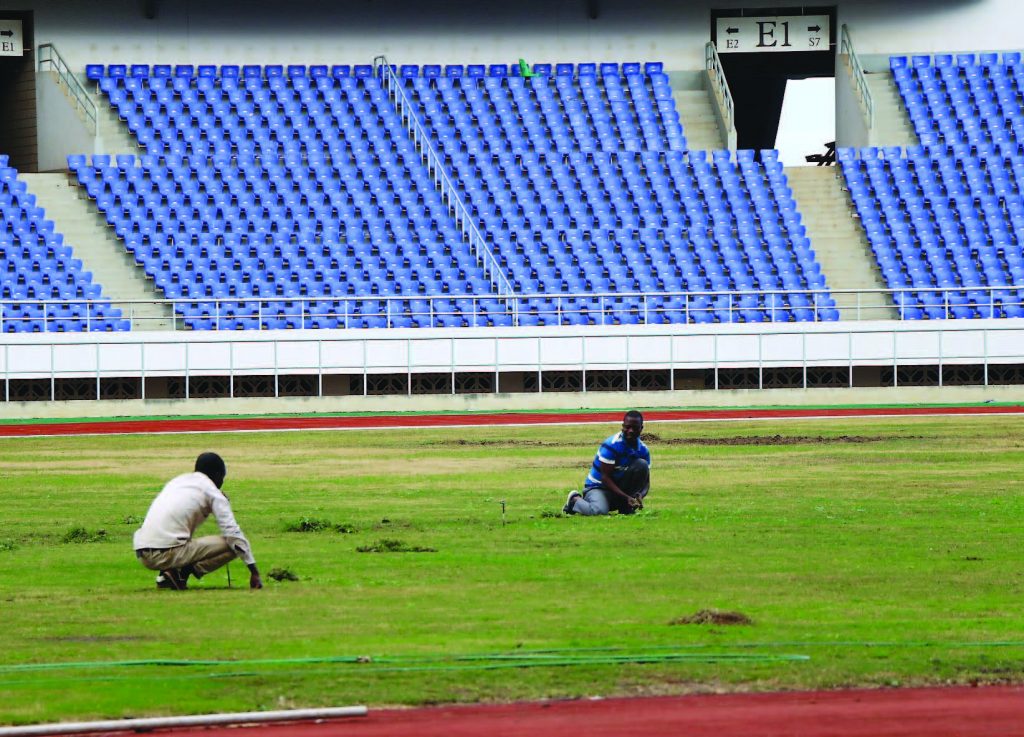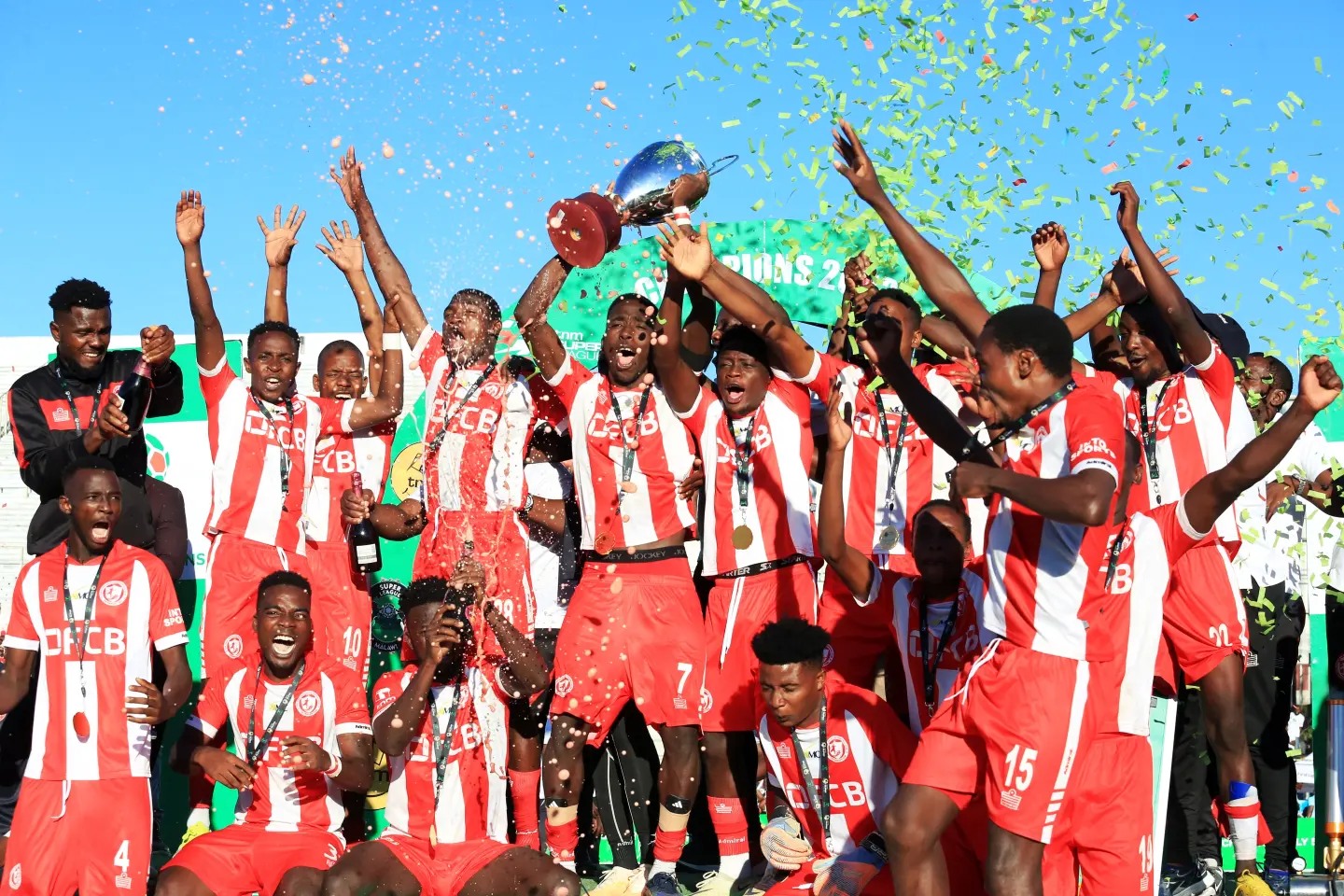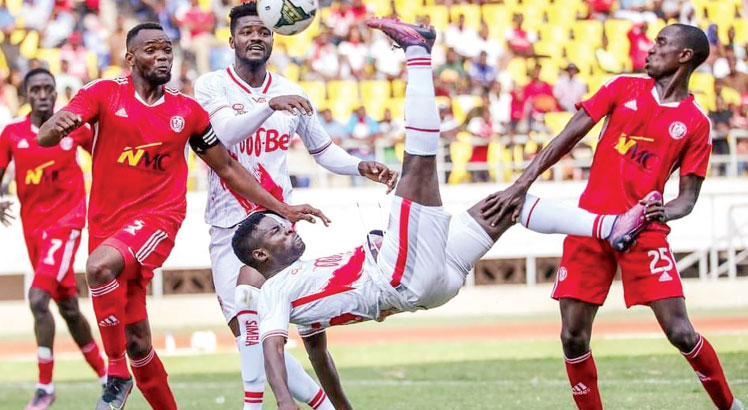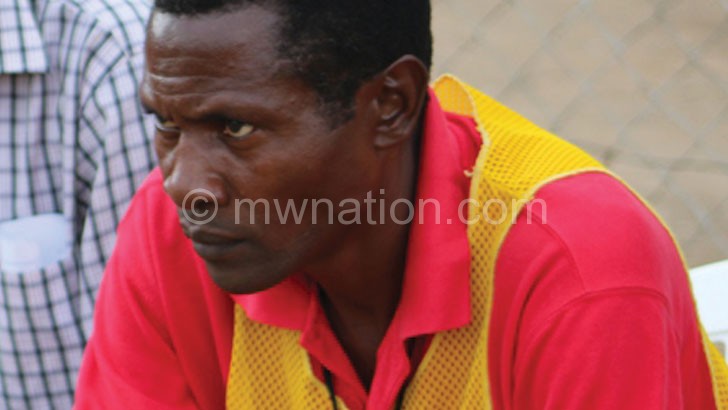Bingu Stadium gets K45m but misses inspection
Delays in completing renovations at Bingu National Stadium have led to the facility to miss a scheduled Confederation of African Football (CAF) inspection, casting doubts on prospects of Malawi national football team’s return to play its matches at home any time soon.
The facility was banned from hosting Malawi national football team matches by CAF in August after failing to meet minimum standards.

CAF’s report after the first inspection failed the stadium because it has fixed advertising space, substandard technical benches for teams, changing rooms that do not fit international standards, unfurnished VIP area, broken lavatories and a pitch not in good condition to host elite matches.
Despite government’s commitment to ensure the facility meets the minimum standard, the facility has twice failed the CAF inspection.
However, Ministry of Youth and Sports has said it will now finish all the facility after Treasury released K45 million funding for the facility.
The ministry’s spokesperson Ali Kalichero said following the release of funding from Treasury, they will now be able to complete the renovations.
He said: “I can confirm that Treasury has approved the K45 million we requested for the renovations of the stadium. We are now confident that we can complete everything before the next inspection.”
Ministry of Finance spokesperson Williams Banda also confirmed that government had approved K45 million which the Ministry of Youth and Sports requested for the renovations.
He said: “They asked for K45 million which has indeed been approved and we are hopeful that this will ensure all the renovations are complete.”
But Kalichero said some renovations needed enough time to complete.
He said: “Most of the times people only think of the pitch itself, which is now in good condition. But there are some two or three structures which CAF wants at the stadium which were not there in the first place.
“This is not an issue of renovation at all; it’s about construction of these facilities. So you should appreciate that it takes time to complete. It’s not something that can be done just like that.”
Consequently, Football Association of Malawi (FAM) has asked CAF to curtail the third inspection.
CAF was supposed to inspect the stadium this week but FAM general secretary Alfred Gunda said they could not allow them to come since “nothing has been down on the areas the last inspectors pointed out”.
Gunda said: “CAF was supposed to inspect the facility this week on Thursday or Friday. But we asked them not to come because we know that the stadium will not pass the test.
“None of the areas that were pointed out in the previous report have been completed. As such, we feel it will be a waste of time to let CAF come when we know that the facility will fail the test again.”
Following the delays, FAM says it will only ask CAF to come and inspect the facility when it is satisfied that the renovations are complete.
This means Malawi national football team will continue to play its home matches outside the country.
The Flames have this far played two of its Qatar World Cup qualifiers against Mozambique and Ivory Coast at Orlando Stadium in South Africa.
The Flames are remaining with one home qualifier against Cameroon next month but Gunda said this will also be played outside the country.
He said: “Those renovations were supposed to be competed long ago so that CAF can inspect the facility ahead of the home qualifier against Cameroon.
“We are happy that government has approved the funding. But I don’t think we are ready for another inspection. So let’s concentrate on the renovations.”
Built between 2015 and 2016 using a Chinese government’s $70 million (about K50 billion) loan payable in 20 years, the facility was officially opened in 2017.
Though touted as capable of generating enough revenue, the 41 000-capcity stadium has struggled to be self-sustainable as envisaged by Ministry of Youth and Sports, posing serious questions on how the K50 billion loan will be paid back.
The management has struggled to pay for maintenance and utility bills for the structure, a development mostly attributed to lack of business due to high cost of hosting events.





